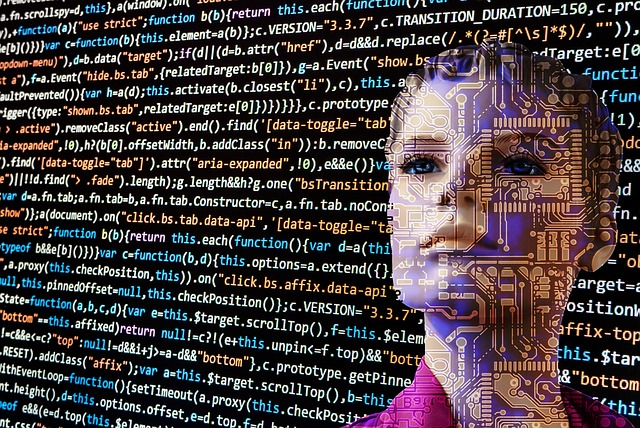This post was written by our Co-Founder JuIiet Eccleston
As anyone following me on Linkedin will know, I enjoy getting stuck into discussion and debate about the recruitment industry. However, sometimes I’m really surprised by conversations which show how commonly accepted some arguably questionable practices are. Recently, an article was shared along with the claim that “recruiters of 2020 and beyond will rarely, if ever, actually speak to a candidate.” The prediction that the human element would be completely eliminated from the hiring process until the final interview was described by the poster as “excellent news.”
Automated recruitment – an impersonal process
In the piece, the author – who describes himself as a sourcer – claimed that, as more companies choose to automate the recruitment process using interview and assessment technology, we’ll eventually reach a point when human recruiters will no longer be needed during the screening and shortlisting stages.
The sourcer went on to state that if candidates passed an initial automated screening interview, they’d go through to the next round and face yet more “automated assessments and scheduling assistants.” While he does state one advantage – which is that candidates could go from applying to reaching the final hurdle of an in-person interview in only a few hours – the whole process seems horribly impersonal and problematic.
Can AI really recommend a person for a role?
I’m uneasy about the idea that the true potential of a candidate can be recognised by artificial intelligence, yet one person in the discussion argued that AI would do it “far more accurately than a human can.” While it makes sense that factual information – such as the universities which candidates attended and numbers of years’ experience that they have – can be sifted through and processed by technology, I don’t believe a machine can recognise what I’m potentially capable of in the way that the people who know me best can. What they understand about me and the connections they are able to make isn’t available as data for AI to read and interpret. As a result, I don’t trust a robot to evaluate me in the way that a person I’ve worked with can, and, consequently, I don’t trust AI to make the right call when it comes to deciding if I’d be a good fit for a job or not.
I’d rather trust my contacts than a robot
For this reason, I think the idea that we can remove the human element of the recruitment process from all but the very final stage, and expect AI to make decisions which rely on it knowing and understanding us, is one fraught with problems. If this is where we‘re heading, I fear for those who fall outside of what the “system” determines as the “right” way to behave.
As technology develops and AI becomes more common in the hiring process, I think the question that will be asked is: who – or what – do people trust? I trust people that know me personally and I think that they are by far the best placed source of information when it comes to determining whether an organisation or role would suit me. Rather than going through a conveyor-belt process of automation and screening using artificial intelligence, I’d say people are better off just using their networks of contacts to find out about potential job opportunities that are out there. It’s why I co-founded peer-to-peer recommendation platform AnyGood?, and it’s a method that works. People put forward professionals they know for jobs that they think would be perfect for them, and it’s a more human, personal process.
You can read the whole thread – and my comments – here. I’m interested to know your thoughts!
Have you got a role that you want filled? Find out more here
Interested in becoming a member? Sign up today


Recent Comments